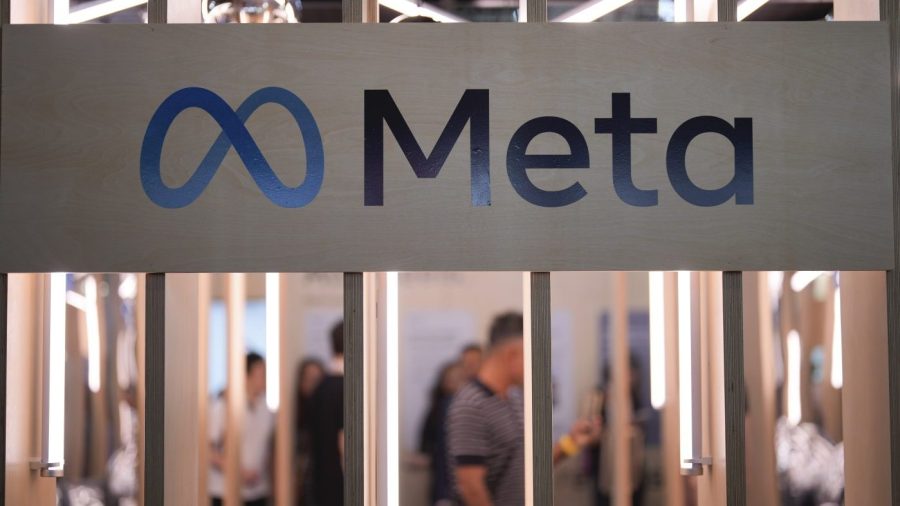The European Commission, the EU’s executive arm, preliminarily found that Meta and TikTok failed to provide researchers with adequate access to public data.
It also determined that Meta, the parent company of Facebook and Instagram, failed to provide users with simple mechanisms to flag illegal content or challenge content moderation decisions.
“Our democracies depend on trust. That means platforms must empower users, respect their rights, and open their systems to scrutiny. The DSA makes this a duty, not a choice,” Henna Virkkunen, executive vice president for tech sovereignty, security and democracy, said in a statement.
Companies can face fines of up to 6 percent of their total annual revenue if the commission confirms the findings and issues a non-compliance decision.
A Meta spokesperson said in a statement that the company disagrees with “any suggestion that we have breached the DSA, and we continue to negotiate with the European Commission on these matters.”
“In the European Union, we have introduced changes to our content reporting options, appeals process, and data access tools since the DSA came into force and are confident that these solutions match what is required under the law in the EU,” they added.
The DSA is one of two EU tech laws, alongside the Digital Markets Act (DMA), that have faced pushback from major U.S. tech firms, as well as some American politicians.
President Trump has previously taken aim at such laws, arguing in late August that “Digital Taxes, Digital Services Legislation, and Digital Markets Regulations are all designed to harm, or discriminate against, American Technology.”
